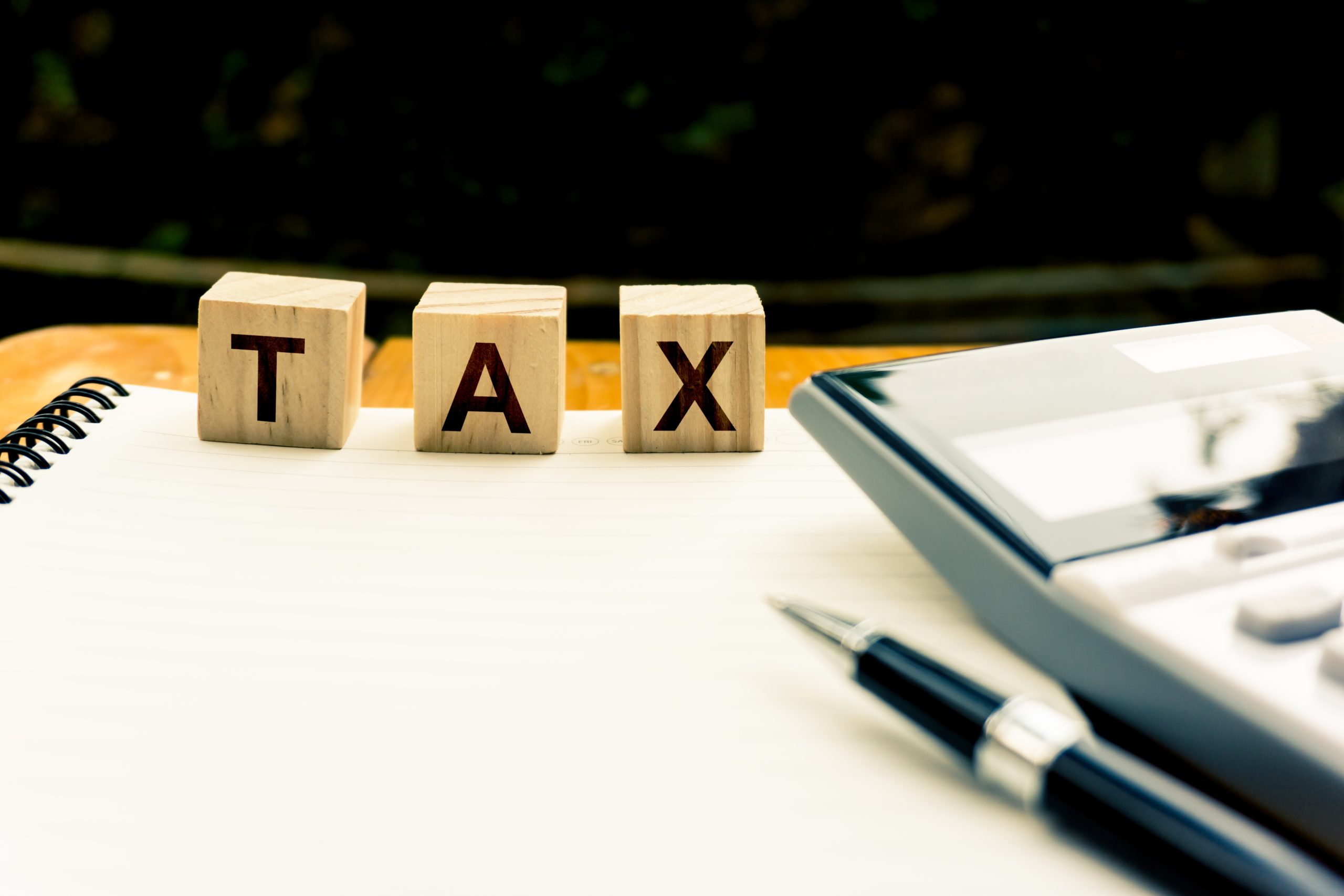A Guide to NFT Taxation
When it comes to taxation for virtual assets and non-fungible tokens (NFTs), the situation can be quite complicated. In some cases, the tax laws may not even be clear yet on how to treat these digital assets. This can create a difficult situation for both NFT owners and the accountants who are trying to help them meet their tax obligations. One thing you do need to keep in mind is that all crypto assets are still considered taxable and need to be reported. If you need to know more, read on for a basic guide to NFT taxation.
What do accountants need to know about NFT taxation?

NFTs, or “non-fungible tokens”, are a type of cryptocurrency that are unique and cannot be interchangeable. This means that each NFT has its own specific value, which can be determined by its rarity, use, or other factors. NFTs are not governed by the same rules as traditional cryptocurrencies, and they can be used to represent a variety of different assets. There is no doubt that non-fungible tokens (NFTs) are rapidly gaining popularity. In fact, more people than ever are interested in NFTs and the potential rewards they offer.
It’s likely that you’ll have clients who like to buy NFT art, so you should learn all you can about NFTs. One of the key benefits of NFTs is that they can be used to create “digital scarcity”. This means that the limited supply of NFTs can be used to create a sense of value and rarity. This can be helpful for digital assets that are not physical goods, such as video game items or digital art. NFTs are still a relatively new technology, and there are many different use cases for them. Still, NFT owners need to pay taxes on these assets, and will need accountants to help them navigate the process.
The taxation of NFTs is a complex and evolving area of law. There are a number of factors that need to be taken into account when determining the tax treatment of NFTs, including the type of NFT, the jurisdiction of the holder, and the purpose of the transaction. Generally, NFTs are treated as taxable property. This means that any gains or income generated from the sale or use of NFTs is subject to tax. However, there are a number of exceptions and special cases that can apply. That’s why accountants need to stay up to date on the latest policies and procedures as they pertain to crypto assets.
How else can accountants prepare for tax season?

You should also prepare for tax season by investing in quality tax return folders. Accountants need quality tax return folders to keep their clients’ tax information organized and easily accessible. Tax return folders should be durable and have enough pockets to store all the required paperwork. They should also be easy to label so that accountants can quickly find the information they need. As an accountant, you know that clients will likely notice the quality of your folders – and it can make a difference in their overall impression of you and your business.
Tax season is one of the busiest times of year for anyone in the tax industry. Not only do you have to keep up with their regular work, but you also have to prepare tax returns for their clients. This can be a stressful time, and lack of sleep is often a serious issue for accountants during tax season. Sleep deprivation can have negative consequences on many areas of our lives, including at work. It typically leads to decreased productivity, decreased motivation, and an increase in the number of errors made. It’s essential for accountants to find ways to manage their schedule so they’re able to get sleep at night.
There’s no doubt that there’s a lot to learn about NFTs, particularly for accountants. Since NFTs are so new, we’re still figuring out all the ways they fit into our current tax code. It will be necessary to pay attention to developments in the industry as they unfold. Until then, you have to use your expertise to the best of your ability. No matter what assets you’re dealing with, ensuring that you’re always at your best at work and providing top quality service should be a priority.



